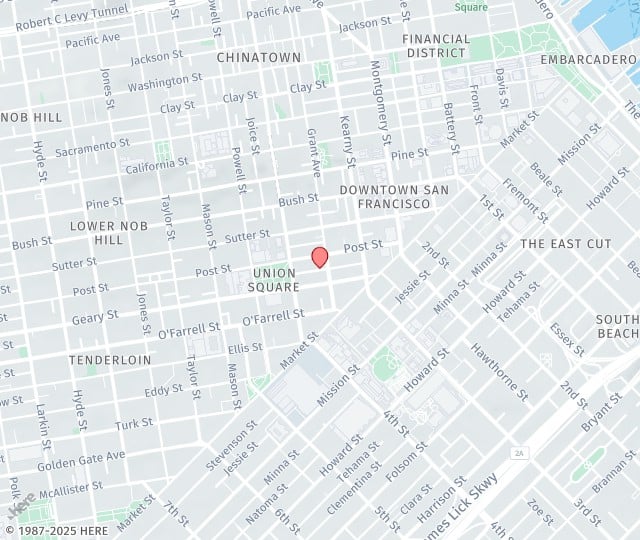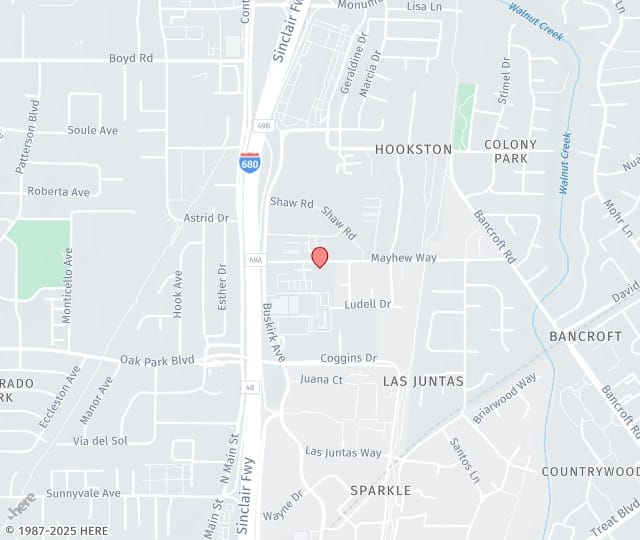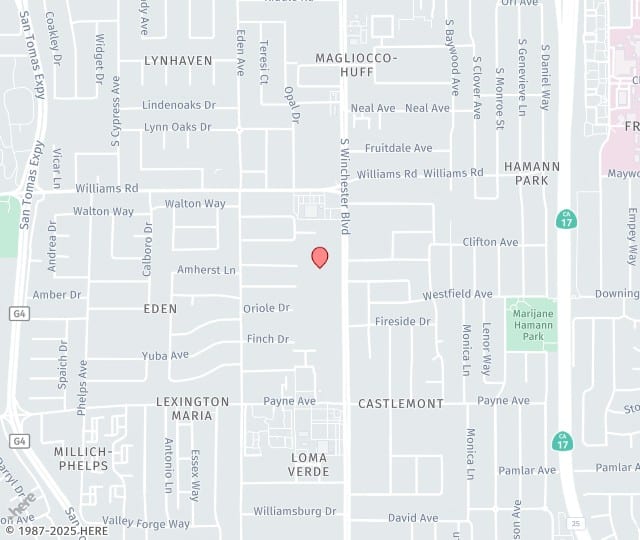What Is Testosterone?
Testosterone is a steroid hormone from the androgen group and is found in mammals, reptiles, birds, and other vertebrates. In mammals, testosterone is primarily secreted in the testicles of males and the ovaries of females, although small amounts are also secreted by the adrenal glands. It is the principal make sex hormone and an anabolic steroid.
In men, testosterone plays a key role in the development of male reproductive tissues such as the testis and prostate as well as promoting secondary sexual characteristics such as increased muscle, bone mass, and the growth of body hair. In addition, testosterone is essential for health and well-being as well as the prevention of osteoporosis.
How Can Testosterone Levels Become Low?
Testosterone levels decline gradually with age in human beings. The clinical significance of this decrease is debated. There is disagreement about when to treat aging men with testosterone replacement therapy. The American Society of Andrology’s position is that “testosterone replacement therapy in aging men is indicated when both clinical symptoms and signs suggestive of androgen deficiency and decreased testosterone levels are present.” The American Association of Clinical Endocrinologists says “Hypogonadism is defined as a free testosterone level that is below the lower limit of normal for young adult control subjects. Previously, age-related decreases in free testosterone were once accepted as normal. Currently, they are not considered normal. Patients with borderline testosterone levels warrant a clinical trial of testosterone.
What Are The Symptoms Of Low Testosterone?
Low Testosterone can cause eight distinct symptoms
- Low Energy Level
- Low Libido (sex drive)
- Some mind clarity issues (including a link to the development of Altzheimer’s Disease)
- Inability to lose weight, especially belly fat
- Can cause Erectile Dysfunction
- Is a precursor to the development of diabetes
- Is a precursor the the development of cardiovascular disease
- Is a contributor to increase morbidity (early death)
How Can I Determine Whether My Testosterone Is Low?
A simple blood test is performed and analysed to determine your Testosterone level.
What Can I Do If My Testosterone Is Low?
One of our physicians will prescribe hormone replacement therapy with bioidentical Testosterone in order to raise your Testosterone level back up to a physiological level.
What Other Treatments Options Are Available?
Sermorelin Therapy
Sermorelin therapy intends to replace lost HGH levels with the use of a compound called Sermorelin acetate. Sermorelin is an amino acid (growth hormone releasing peptide) that stimulates the body to produce more HGH, and it is now widely used as an anti-aging treatment. Sermorelin therapy can improve your mood and libido. … Also, a decreased libido is often associated with a human growth hormone decline, and is also associated with a decline in testosterone and estrogen production, but restoring normal HGH levels has been shown to improve libido for both men and women.
How Do I Know if I Have Low Testosterone?
To diagnose low testosterone, Dr. Robert Rowley and his team at Prime Male Medical of Pleasant Hills, CA recommend a comprehensive blood analysis. In addition to testing to evaluate your testosterone levels, this blood analysis also looks at the other hormones in relation to testosterone to determine if there is an imbalance. Our team may recommend this diagnostic testing if you experience the signs and symptoms of low testosterone, which may include:
- Fatigue and lack of energy
- Reduced sexual drive and function
- Loss of body hair or reduced beard growth
- Obesity
- Symptoms of depression and anxiety
- Erectile dysfunction
What Could Be Causing Low Testosterone Levels?
There are several different factors to take into consideration when it comes to not only diagnosing low testosterone levels but the cause. Some of the primary causes of low testosterone include:
- Testicular cancer or injury
- Low thyroid function
- Bone loss
- Low sperm count
- Trouble sleeping/insomnia
- Side effects of medications
- Obesity due to an increase in body fat
- Decreased muscle size and strength
- Problems with the hypothalamus and pituitary glands
- Chronic diseases and disorders
- The natural aging process, especially after the age of 40
What Are the Treatments for Low Testosterone Levels?
There are several different treatment options to consider when it comes to the treatment of low testosterone. Dr. Robert Rowley is an experienced provider at Prime Male Medical who can walk you through the various therapies and services that can help in rebalancing hormone levels and bringing your testosterone levels back up to a healthier range--so you can look and feel your best! Talk to him about the various solutions available to find the one that meets your needs and lifestyle the best.
Are There Any Lifestyle Changes I Can Make To Help Treat or Prevent Low Testosterone?
Yes, there are several lifestyle changes that can help treat and/or prevent low testosterone levels. These include:
- Getting regular exercise, at least 30 minutes a day
- Eliminating poor health habits, including excessive alcohol consumption and tobacco use
- Maintain a healthy weight for your height and body frame
- Reduce stress levels via relaxation techniques
- Eating a balanced and nutritional diet each day
- Getting proper rest every night
- Consider supplements and multivitamins for males
Can I Still Have Children With Low Testosterone Levels?
Even with low testosterone levels, it is still possible to conceive a child with your partner. However, if your testosterone levels are very low, Dr. Robert Rowley of Prime Male Medical in Pleasant Hill, CA, may suggest additional treatments or therapies before attempting conception to increase your chances. Low testosterone affects both fertility and sperm motility, so proper testing and treatment should be performed to improve the ability to have a child or children.
Who Should I See for My Low Testosterone Concerns?
If you live in the area of Pleasant Hill, CA, or any of the surrounding communities, you are encouraged to connect with the team at Prime Male Medical to get a proper diagnosis of your hormone levels and discuss the best treatment for your unique needs.





